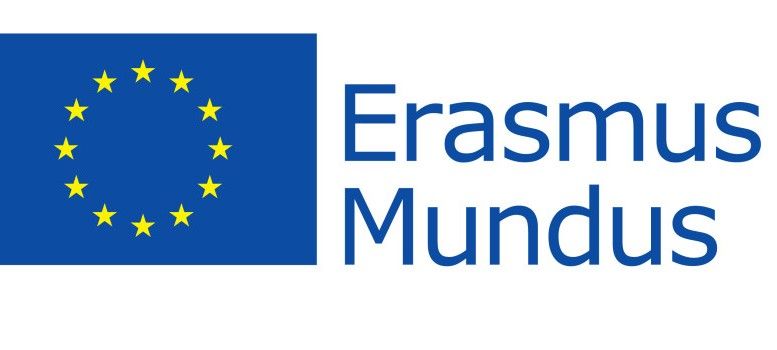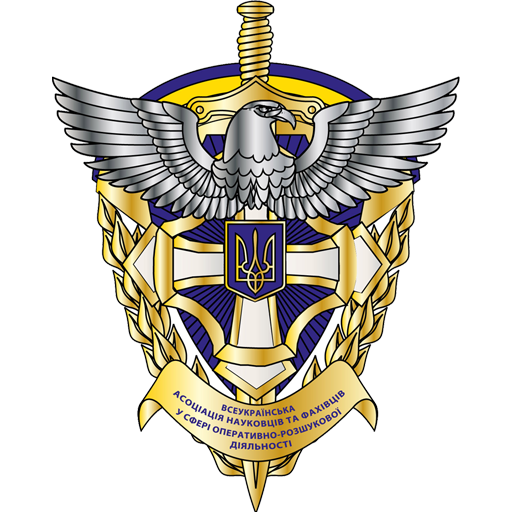
IMPLEMENTATION OF EDUCATIONAL AND SCIENTIFIC PROGRAMS IN POSTGRADUATE STUDIES AND LICENSING
On April 4, 2016, the Secretary of the Board of the Association of Scientists and Specialists in the Field of Operational and Investigative Activities, Ruslan Tarasenko, took part in the training seminar "Implementation of Educational and Scientific Programs in Postgraduate Studies and Licensing", which was organized by the Ministry of Education and Science of Ukraine and the National Erasmus+ Office in Ukraine.

The seminar was attended by Advisor to the Minister of Education and Science Mykhailo Vinnytskyi, Director of the Department of Higher Education Oleg Sharov, Head of the Licensing and Accreditation Department Andriy Shevtsov, Deputy Director of the Department of Certification of Highly Qualified Personnel Olena Voronyuk, member of the National Erasmus+ Office in Ukraine Zhanna Talanova, as well as representatives of higher educational institutions and scientific institutions responsible for postgraduate studies. Odessa State University of Internal Affairs was represented by the Acting Head of Doctoral and Adjunct Studies Doctor of Law, Senior Researcher, Police Major Ruslan Tarasenko.

Advisor to the Minister Mykhailo Vinnytskyi in his opening remarks noted that the need to reform postgraduate studies in Ukrainian higher education institutions is due to a number of factors. Such factors as a strict binding to the specialty code, limiting a postgraduate student to a single scientific supervisor, giving preference to publications in journals from the list of the Higher Attestation Board, in the opinion of the Advisor to the Minister, currently do not contribute to the integration of young scientists into the global scientific community. Mykhailo Vinnytskyi noted that the European trend is structured programs aimed at developing the competences of the defender.

Olena Voronyuk, Deputy Director of the Department of Certification of Higher Qualification Personnel, explained the aspects of the training of postgraduate students, associate professors, and doctoral students carried out by higher educational institutions and scientific institutions, initiated before the new resolution came into force. She noted that those postgraduate students and doctoral students who wish to obtain a candidate or doctorate degree will complete their postgraduate studies in 2019, and applicants for a scientific degree - in 2020.
In addition, Olena Voronyuk noted the key changes that will be implemented with the new procedure for the training of PhDs and Doctors of Sciences. In particular, the training of PhDs is carried out in postgraduate studies, which includes full-time, evening, and correspondence (distance) forms of study, as well as outside postgraduate studies - for applicants who combine scientific and scientific-pedagogical activities. The training of a doctor of science is carried out only in the full-time form of study or through independent preparation of a dissertation research. The term of study in postgraduate, adjunct full-time, evening and correspondence forms of study is also changing - 4 years. For preparation and stay in doctoral studies, this term is 2 years.
As Olena Voronyuk reported, the new resolution will also allow to improve the financial condition of postgraduate students. The procedure for preparing a doctor of philosophy provides that a postgraduate or doctoral student who has defended his thesis before the end of the training period has the right, at his own request and choice, to receive a lump sum payment in the amount of the remaining scholarship provided for in the budget of the higher educational institution, to receive paid leave for the remaining period, or, if the postgraduate or doctoral student remains to work at the same higher educational institution, the amount of the remaining scholarship may be credited to him as an annual salary supplement.

Based on the results of the seminar, the participants developed a number of recommendations for the implementation of educational and scientific programs for the training of Doctors of Philosophy and Doctors of Science at the third (educational and scientific) level of higher education in a certain specialty. In addition, the seminar participants answered questions from representatives of universities and scientific institutions.
